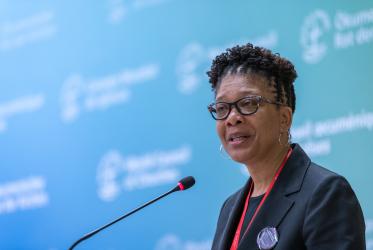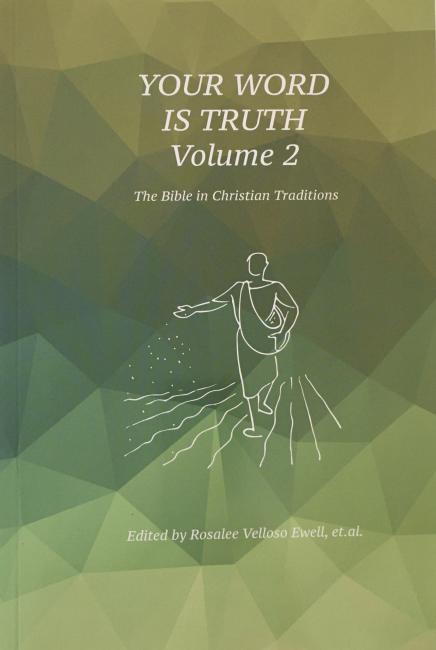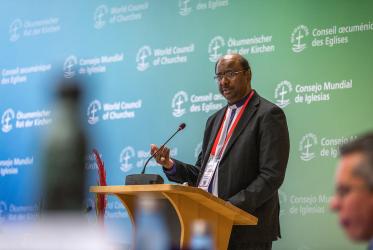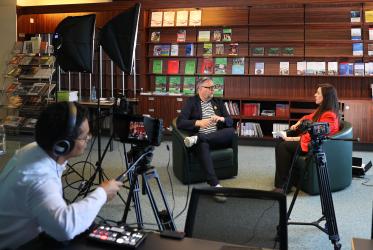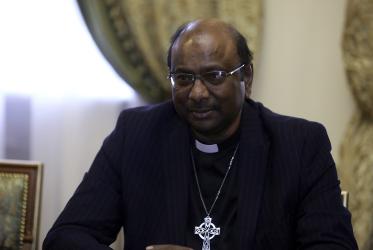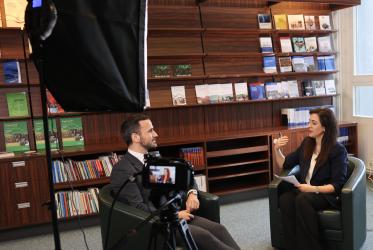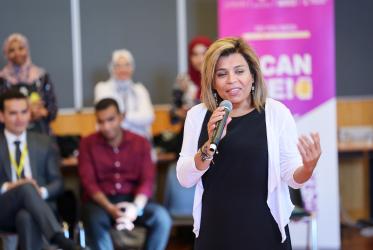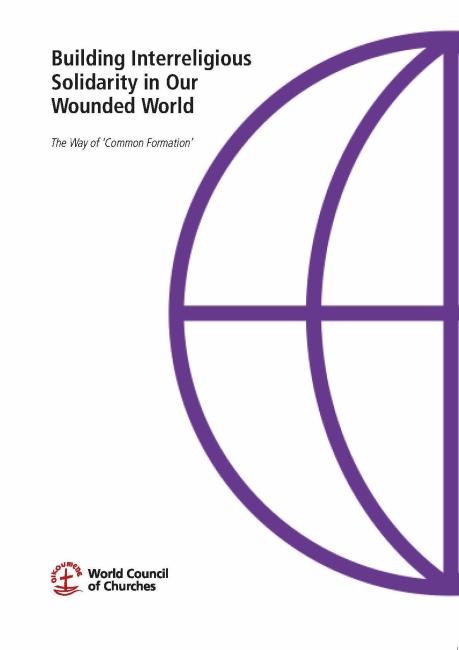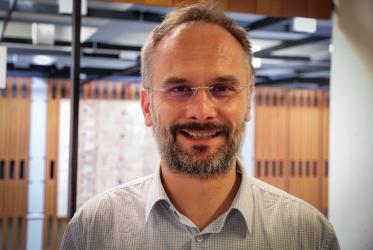Displaying 41 - 60 of 383
Recommended Practices to Combat HIV-Related Stigma
A Guidebook for Local Faith Communities
05 October 2023
Faith Sector Implementation of the Global AIDS Strategy
05 October 2023
ACT Alliance general secretary: “equity is not negotiable”
26 September 2023
In Armenia, WCC general secretary speaks for justice
22 September 2023
Chateau de Bossey thriving as lives are transformed
08 September 2023
Ecumenical International Youth Day 2023 Toolkit
Young People and Their Voices from the Warzones
26 July 2023
